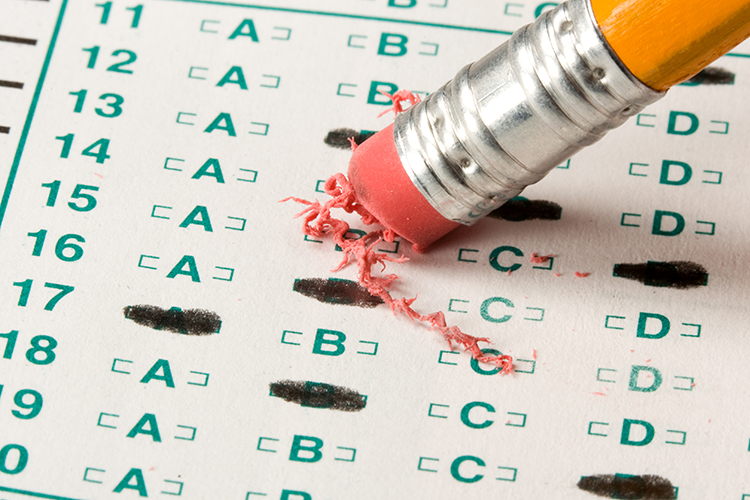Possible swing justices don't tip their hands in health-care arguments
Chief Justice John G. Roberts Jr. said little during oral arguments on Wednesday to indicate how he would rule in the latest challenge to the Affordable Care Act.
Roberts, whose vote was pivotal to upholding the law in an earlier challenge, “maintained an unusual silence throughout most of the debate,” USA Today reports. “He piped in just twice, both times on issues that could lead to more narrow decisions.”
The other justice identified as a possible swing voter, Anthony M. Kennedy, asked questions indicating he was uncomfortable with positions by both sides, the New York Times reports. USA Today and the Washington Post, however, said Kennedy gave the law’s proponents reason for optimism when he suggested that challengers’ reading of the law would cause “serious constitutional problems.”
At issue in King v. Burwell is the meaning of a provision in the law providing tax subsidies for lower-income individuals participating in insurance exchanges “established by the state.” Challengers claim the subsidies aren’t available in states using federal, rather than their own, insurance exchanges, a position that would lead to a “death spiral” for the new system set up by the law, Justice Sonia Sotomayor remarked during the arguments. At least 34 states rely on the federal exchanges.
Kennedy’s constitutional concern was that requiring states to choose between their own exchanges and a federal exchange that didn’t offer tax subsidies could amount to unconstitutional coercion. Yet Kennedy also acknowledged that the challengers’ reading of the law may be correct.
SCOTUSblog characterized Kennedy’s questions as “decidedly more sympathetic to the government than might have been expected.”



